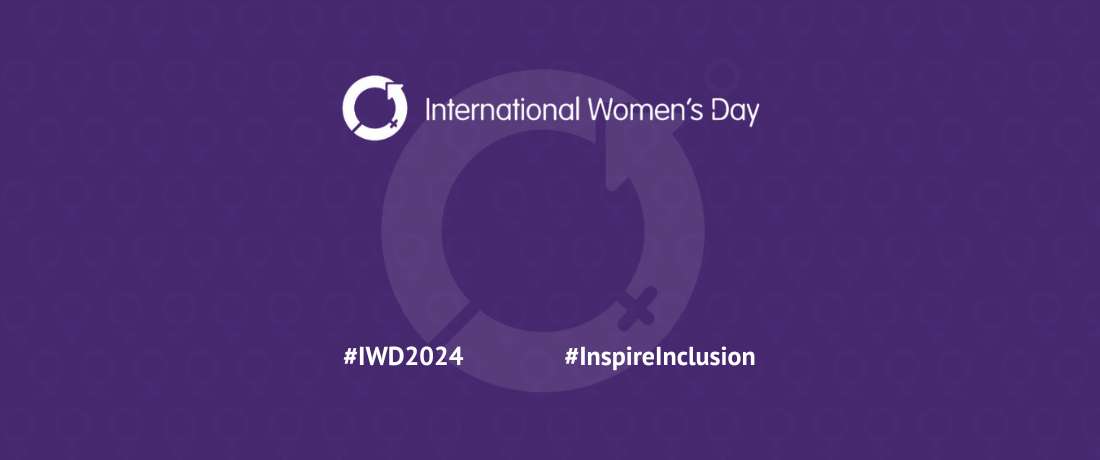With this year’s campaign theme for International Women’s Day being Inspire Inclusion, we wanted to hear from individuals and HR professionals regarding their thoughts and insights surrounding inclusion within the maritime industry.
Val Cannon
CEO/Founder, SeaSavvy Coaching & Consulting (Certified Hello7 Business Coach)
Is the maritime industry doing enough to ensure the recruitment, retainment and development of female talent?
No. The maritime industry has made improvements over the past 20 years, but the numbers don’t lie. According to the 2021 report from BIMCO & ICS, women only represent about 1.2% of seafarers. To date, I have not been able to find any statistics for how many women overall work in the industry. That alone shows a lack of actionable concern.
Do you think there are enough practices in place within the maritime industry to support women throughout their career and into leadership roles?
These are limited. Often, as women move up in the industry, they continue the same limiting practices that men do. The practice of keeping other women small is widespread. There needs to be a lot more professional development, not just for women, but for all future and current leaders to shift these practices to more inclusive ones.
Do you think the maritime industry needs more infrastructure to support women’s needs?
Although it is true that women still bear the brunt of childcare, this is actually a whole family issue. This also does not take into consideration childcare leave for same-sex couples. Yes, more childcare and paternity/maternity leave needs to be provided. Conversations around menopause support certainly also need to be addressed.
When was a time when you felt included within your workplace?
There have been multiple occasions I was mentored and helped along through highly political systems. They do exist but can be difficult to find.
Gina Panayiotou
ESG Manager, West P&I
Is the maritime industry doing enough to ensure the recruitment, retainment and development of female talent?
We still lack basics such as recruitment policies which facilitate diversity, or taking minor steps such as asking recruiters to provide a 50-50 talent pool of male-female especially in respect to senior and C-Suite roles and making it the norm for men to also take parental leave. DE&I policies are also still very weak and many times board members and managers have not been trained to be able to appreciate how to support female talent. This is a holistic change management process which requires great competency, primarily from HR and Board familiarisation on what more can be done.
Do you think there are enough practices in place within the maritime industry to support women throughout their career and into leadership roles?
We are seeing some great initiatives, such as the IMO focusing on diversity, ESG reporting standards and associations such as WISTA which are successfully highlighting the need to create a better industry for women. However, the greatest change can only be driven by internal policies and cultures which are genuinely invested in supporting the females within their organization, seeking out talent and being able to provide them with a platform to shine.
Do you think the maritime industry needs more infrastructure to support women’s needs?
Yes, it needs to truly understand diversity and have the willingness and intent to be more flexible and provide pathways for women to be able to grow, develop and work around their needs. End of the day what should matter is that the works get done, not whether you sit in an office for fixed hours etc. People will deliver much better if they feel comfortable to be themselves and feel understood, whether they are menopausal, just had a child etc. and we need to make sure they feel comfortable to share their needs and that those needs are then translated into effective infrastructure.
When was a time when you felt included within your workplace?
The last time I felt included, was when I was appreciated for who I am and what I bring to the table – no requirement placed to “fit in with the rest.” Often organizations seek out talent (female or other) and have the expectation that coming into the company this person needs to adapt to the company’s “culture” – that’s no longer how it works, inclusive is the only culture you should be aiming for!



